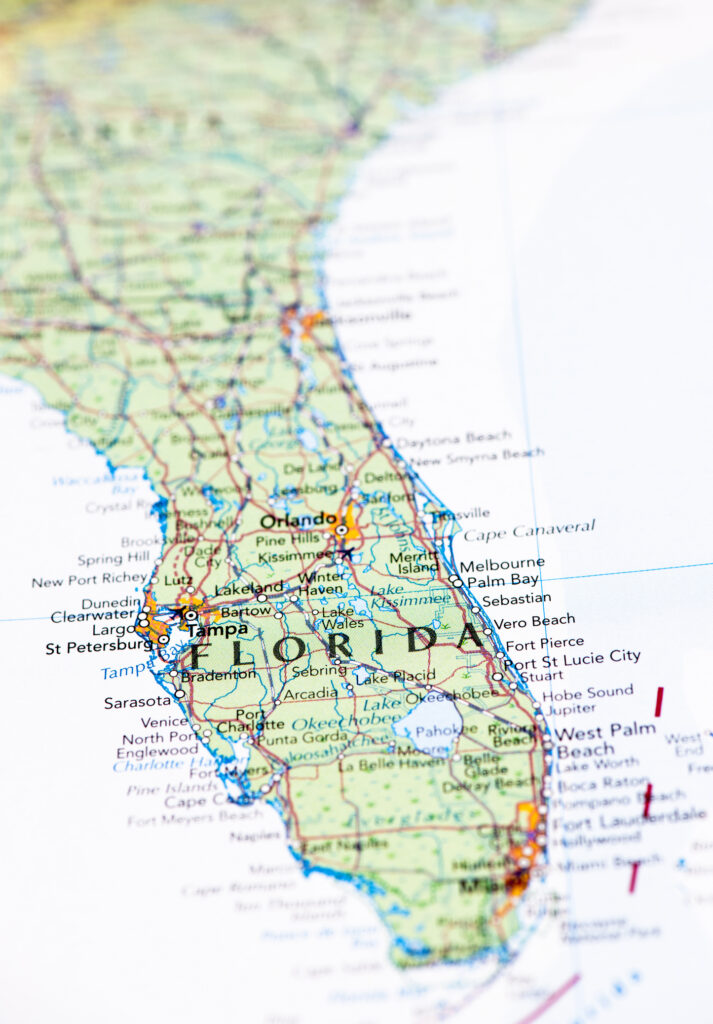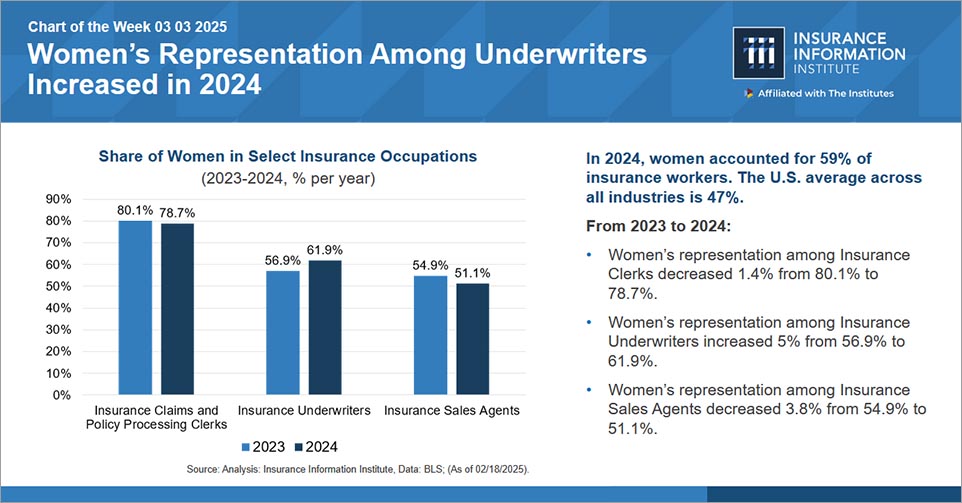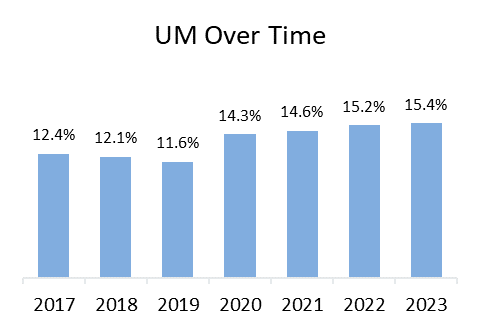[ad_1]

By Loretta Worters, Vice President, Media Relations, Triple-I
Independence Day is associated with fireworks displays, barbeques, and poolside parties, yet even summer fun carries risks.
Here are four summertime liability risks you should be aware of and recommendations on what you can do to protect yourself:
FIREWORKS: Fireworks may be a Fourth of July tradition, but they can also cause either injuries or fires. More than one of every four (28 percent) fireworks-caused fires nationwide each year occur on the Fourth of July, according to the National Fire Protection Association (NFPA.) In recognition of Fireworks Safety Awareness Week (June 28-July 4), the Triple-I encourages everyone to follow federal fireworks laws and local fireworks laws.
GRILLS: About four out of five (79 percent) grilling fires involve gas grills, according to the U.S. Fire Administration (USFA). Patios, terraces, and screened-in porches are the leading home locations for grill fires, the USFA has found. The NFPA reports an average of 8,900 home fires are started by grills each year, with numbers peaking during the month of July. Grill-related fires can damage your house, outdoor possessions and structures and cause injuries to guests. The latter could result in a lawsuit.
POOLS: Drowning is the leading cause of unintentional death among children aged one to four years old and, between 2016 and 2018, 83 percent of these tragedies occurred at residential pools, according to the U.S. Consumer Product Safety Commission reported. In addition, non-fatal pool and diving board accidents can leave victims with long-term health issues.
ALCOHOL: Social host liability laws vary widely but 40-plus states have them on the books. Most of these laws offer an injured person a method to sue the person who served them alcohol while on their premises. Criminal charges may also apply under some social host liability laws.
Any of these scenarios pose a liability risk, so homeowners are advised to review their insurance policies to understand their policy’s liability limits. A liability limit of at least $300,000 is often a cost-effective step to take in consultation with an insurance professional.
In addition, consider adding an umbrella liability policy, which provides liability protection over and above current coverage.
[ad_2]
Source link










